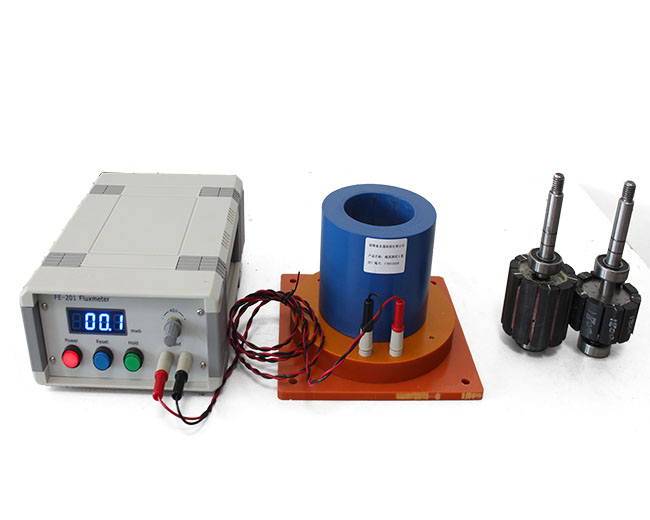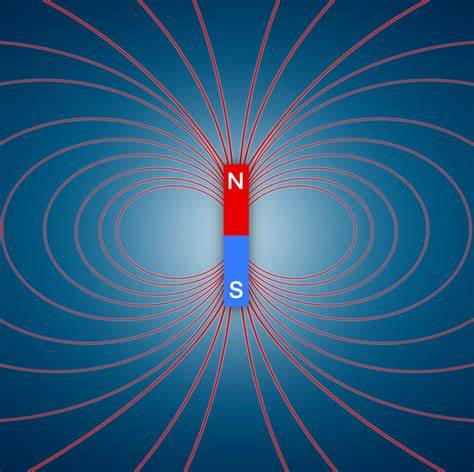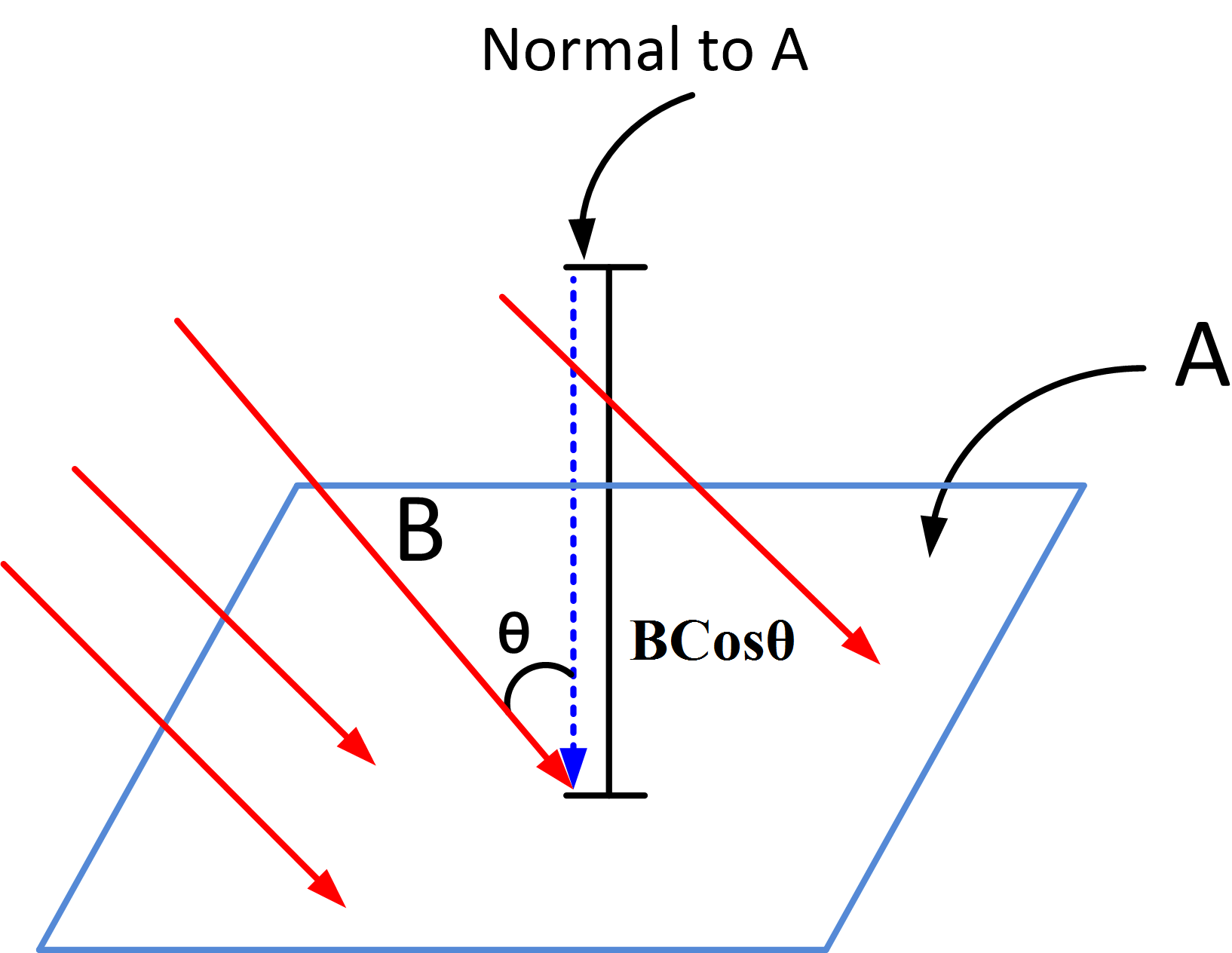Magnetic Flux: A Key Concept in Magnetism
What is Magnetic Flux in Physics?
Magnetic flux definition: Magnetic flux is a measurement of the total magnetic field passing through a given area, typically a surface in a magnetic circuit. Denoted by the Greek letter Φ (phi), magnetic flux represents the strength and direction of a magnetic field across that specific area. This concept is essential in physics and engineering, allowing professionals to analyze magnetic performance. The standard unit for magnetic flux is the Weber (Wb), with smaller measurements often noted in Maxwells for applications requiring finer precision.
Magnetic Flux Formula in Magnetism
To understand how to calculate magnetic flux, let’s examine the formula:
Where:
- Φ = Magnetic flux (in Webers, Wb)
- B = Magnetic field strength (in Tesla, T)
- A = Surface area perpendicular to the magnetic field (in square meters, m²)
- θ = Angle between the magnetic field and the surface’s normal
The value of θ significantly affects the flux; when the angle is 0° (meaning the field is perpendicular to the surface), the flux is maximized, as the magnetic field flows directly through the surface. This magnetic flux formula in magnetism helps calculate and analyze the behavior of magnetic fields in various settings.

Magnetic Flux Applications
Magnetic flux applications are varied, spanning across many industrial and technological sectors. Understanding magnetic flux is crucial for optimizing performance in magnetic circuits, including transformers, electric motors, and inductors. In these devices, magnetic flux affects how efficiently a magnetic field induces an electromotive force (EMF), critical for power transmission and conversion.
Here are a few examples where magnetic flux in industry is highly impactful:
- Magnetic Storage Devices: In data storage technology, such as hard drives, magnetic flux is integral to encoding and reading data, making flux precision essential for data integrity.
- Transformers and Inductors: The flux between transformer coils influences power efficiency, crucial for both power grids and electronic devices.
- Electromagnetic Clutches: These rely on magnetic flux for efficient torque transmission in various machinery and vehicles.

Importance of Magnetic Flux in Industry
The importance of magnetic flux in industry cannot be overstated. It enables engineers to optimize and control magnetic fields in machinery, leading to better efficiency and functionality in power systems, mechanical devices, and electronic applications. Understanding the difference between magnetic field vs. magnetic flux is also essential. While a magnetic field represents the area in which magnetic forces act, magnetic flux quantifies the total field passing through a specific area, which is critical for precise applications.
Contact our expertise to discuss your project, we'd be happy to offer you one-stop magnetic solutions with competitive prices.
E: sales@core-magnets.com
